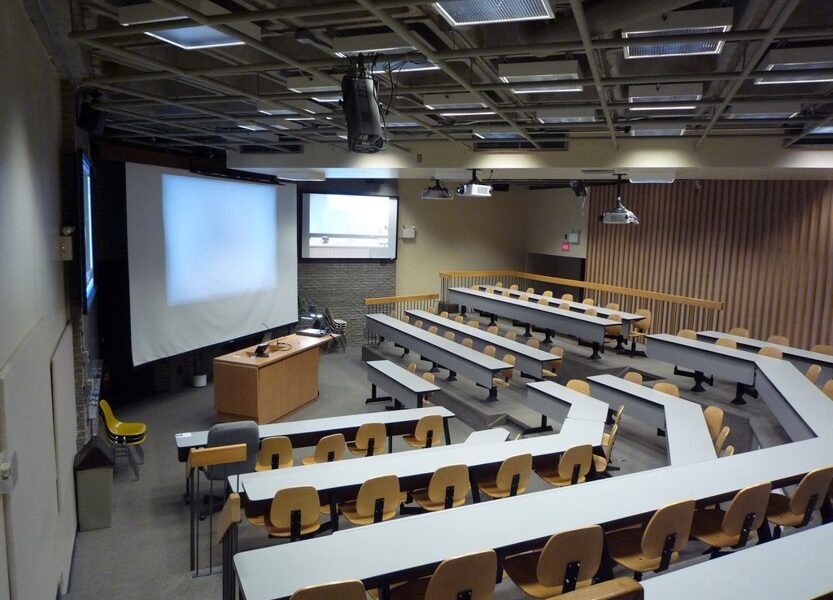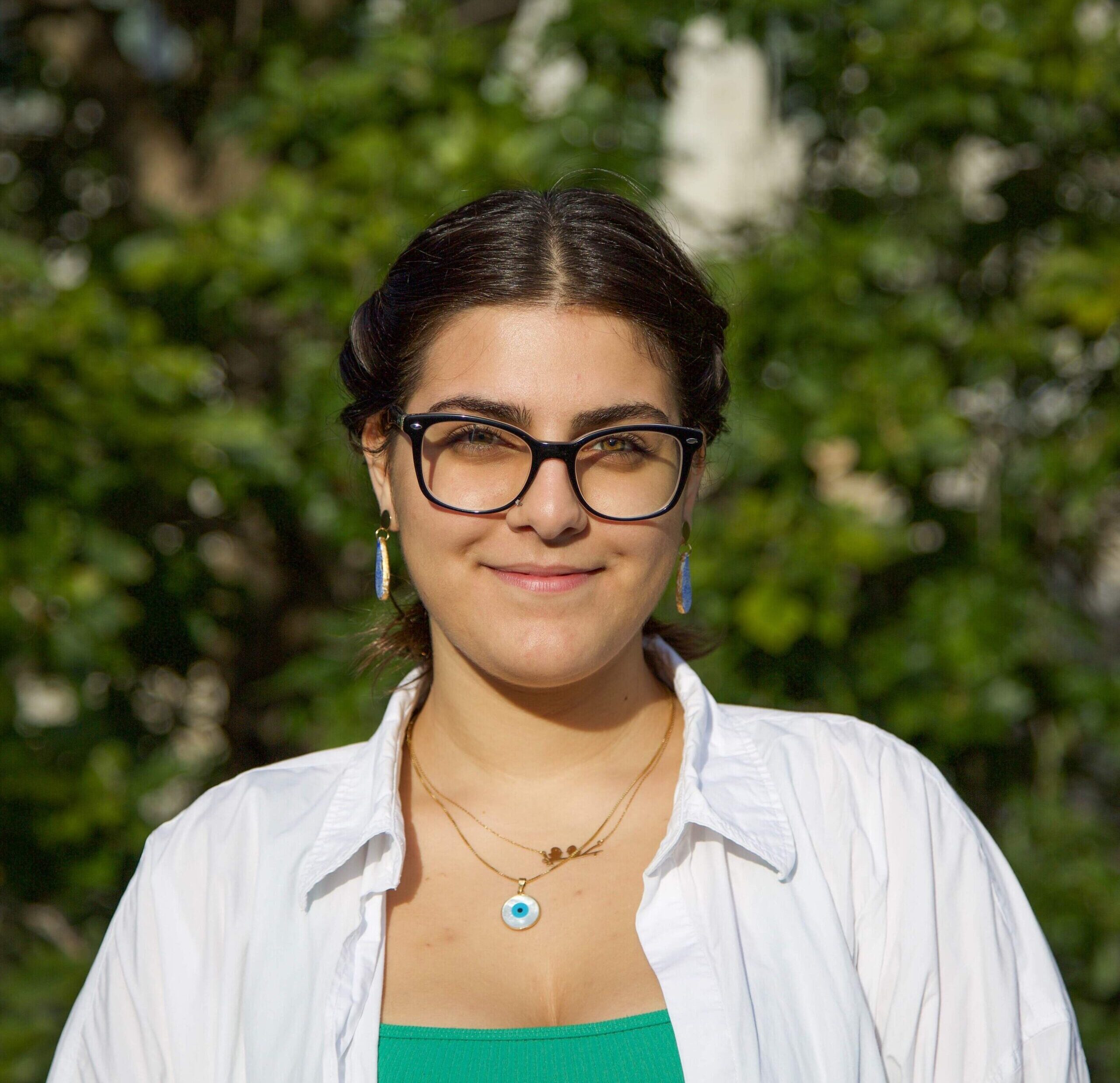The Social Work Student Association (SWSA) passed a motion to strike on Jan. 17 after McGill denied the faculty’s decision to continue online learning until Feb. 25. Since then, many other faculty student associations have followed suit, joining forces under the hashtag #McGillOnStrike to protest the timing of McGill’s reopening amid COVID-19 and the lack of accommodations offered to immunocompromised community members.
On Jan. 25, the Education Graduate Student’s Society (EGSS) successfully passed a motion to extend their strike until Feb. 25 at a General Assembly (GA), with 71 in favour, 13 against, and 16 abstaining. Students taking part in the strike will attend all remote activities, but will withhold in-person participation until the administration complies with their demands.
Though the initial resolution called for exclusively online classes, the motion was amended to demand a hybrid approach instead, which would give students the choice of attending classes virtually without penalty. Striking students also insist in the resolution that McGill provide safer learning conditions, such as supplying N95 masks and high efficiency particulate air (HEPA) filtration. Additionally, EGSS members ask that instructors be given the option to teach online, independent of what the university had decided.
Emma McKay, a PhD candidate in education and one of the EGSS strike organizers, expressed skepticism over the administration’s handling of the Omicron variant, calling into question its decision to reopen. McKay explained that students pursuing a Master of Arts in Teaching and Learning (MATL)—the largest program in the Faculty of Education—are currently doing internships across Montreal that require them to come into close contact with students lacking sufficient personal protective equipment (PPE).
“Classes in that program […] are continuing online in accordance with the 20 per cent allotment of online classes and with instructors who heard about the strike,” McKay said in an interview with The McGill Tribune. “But, if those classes were to follow McGill’s instructions, McGill would be doing something really dangerous and frankly immoral [by putting] many people in danger of contracting a harmful and possibly deadly virus.”
Bryan Buraga, U4 Arts & Science and 2019-2020 president of Students’ Society of McGill University (SSMU), has called on the Faculty of Arts to implement a hybrid learning system similar to that of the Winter 2021 semester. The Arts Undergraduate Society (AUS) granted Buraga’s request to call a GA after he obtained the 200 signatures required to call an assembly. The meeting is scheduled for Feb. 2 where, if it reaches its 500 person strike quorum, attendees will vote on the motion to strike.
Buraga expressed frustration with McGill’s continuous stifling of community efforts, such as their shutdown of the law students’ contact-tracing initiative or the School of Social Work’s decision to remain online.
“[T]he top-down approach that the admin has been leaning on has shown it’s not working. It shows a lack of trust in community members […] but it also ignores the expertise in this university,” Buraga said in an interview with the Tribune. “If we don’t rely on our community members, who the admin continues to use whenever they put out their press releases about how prestigious McGill is, then what are we? I think with the actions that we’re taking in the next few days, it’s really going to start a discussion about who this university is really for.”
On Jan. 28, the Law Students Association (LSA) convened for a GA, after which a ballot was emailed to students to vote on whether to strike at the Faculty of Law. The motion passed with 56.6 per cent in favour of a strike, though instead of a general strike where students refuse to attend both online and in-person classes, LSA is on a targeted strike where students refrain only from attending in-person activities.
Christopher Ciafro, 3L, who has been independently campaigning for a general strike at the Faculty of Law, shared Buraga’s comments about McGill’s lack of consultation with the student body.
“We are seen more as consumers and not as contributing members to a greater university society,” Ciafro said. “You see that in the language, I think, from some of the administration who are denouncing strike actions, saying it’s a boycott. Well, if it is a boycott, what does that mean of how you see us? It’s a strike because there’s labour that goes into being a student. We’re contributing to the academic success of the university.”









